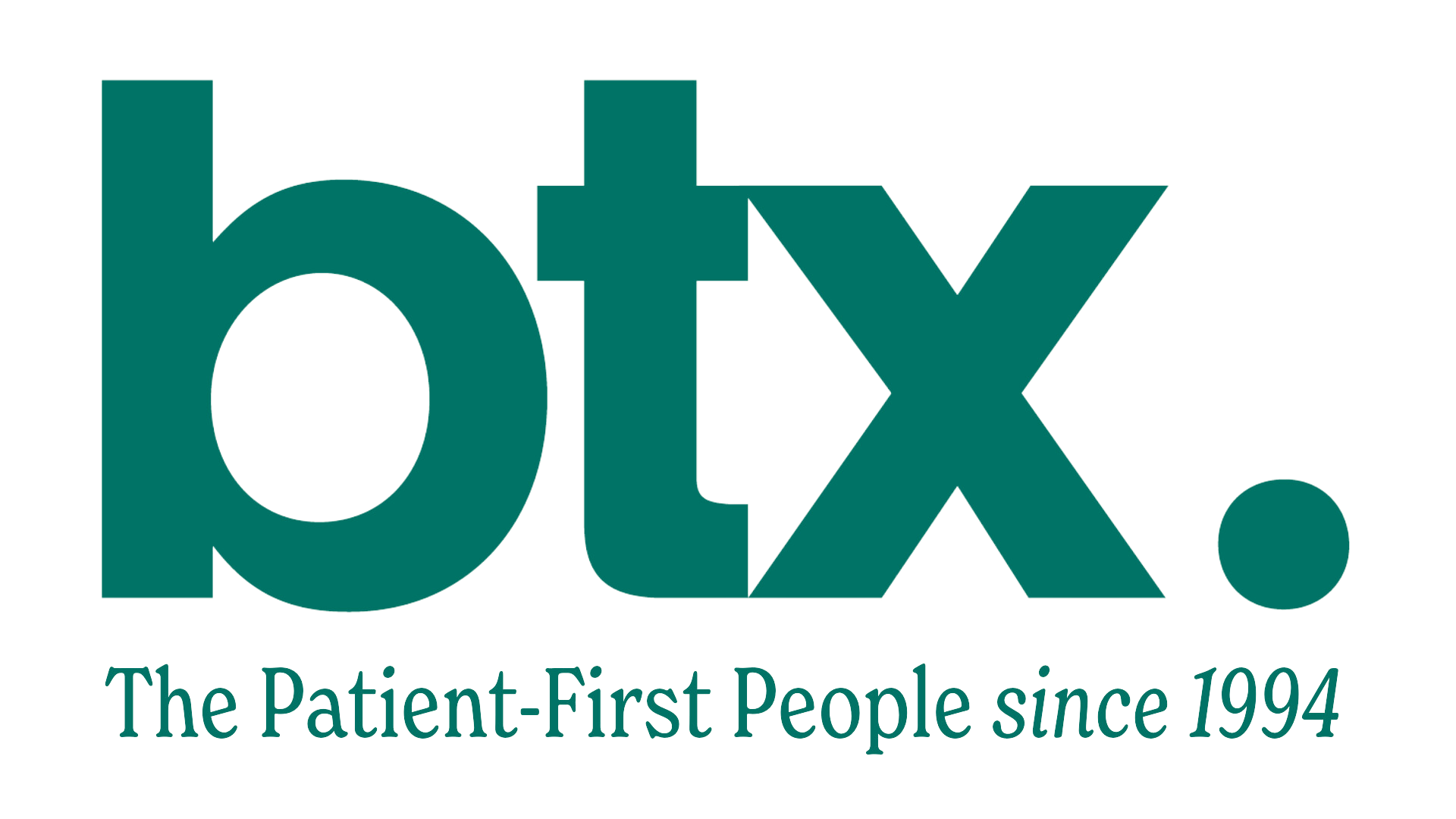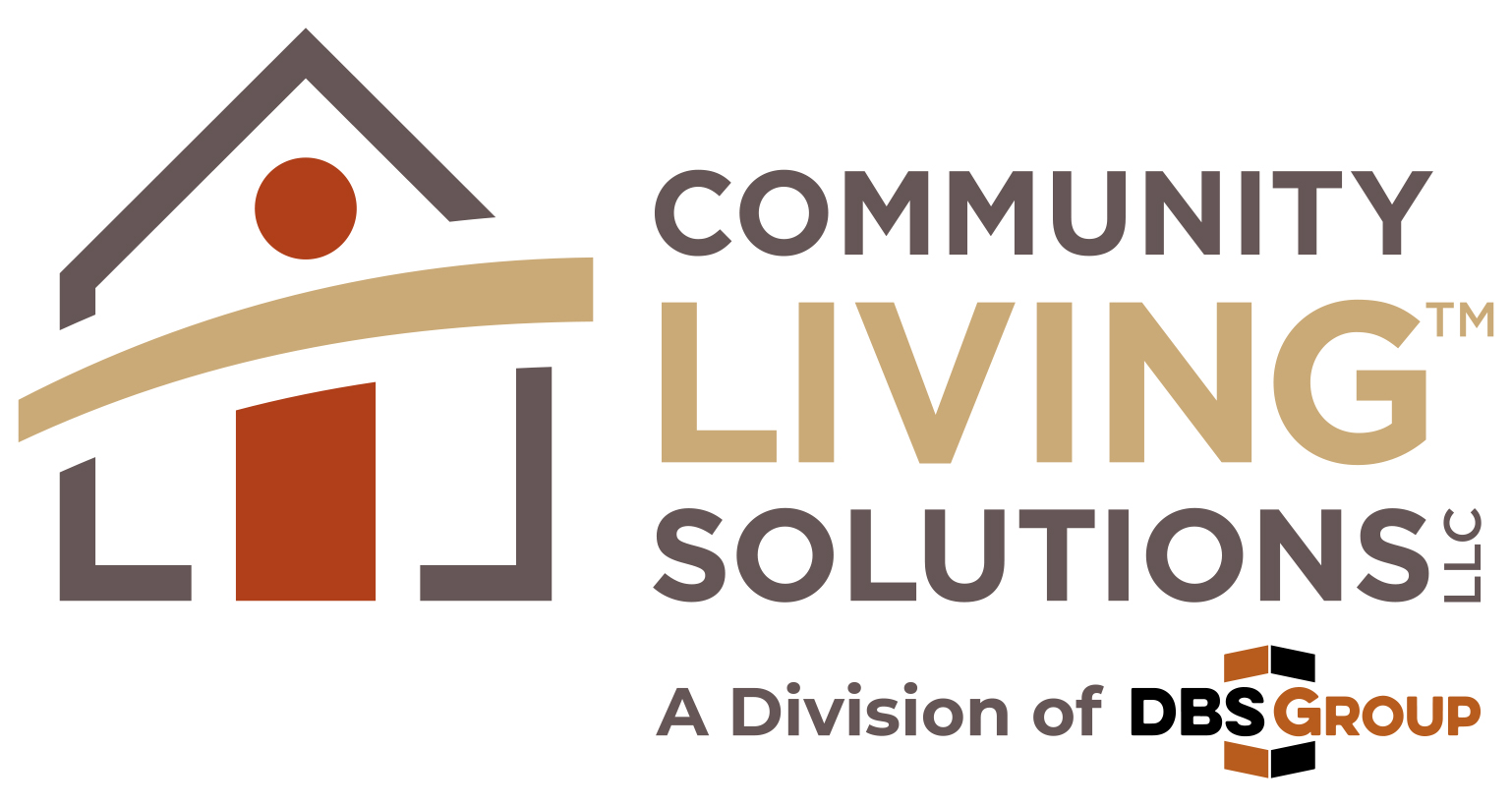|
Clinical Best Practices – End-of-Life Discussions and Advanced Care Planning According to an article titled Advanced Care Planning and End-of-Life Communications: Practical Tips for Oncology Advanced Practitioners published in the National Library of Medicine, National Center for Biotechnology Information states that many patients inappropriately receive aggressive treatment near the end of life, which leads to higher resource utilization, decreased quality of life, and increased cost. While Oncology is not necessarily the specialty most relevant to our members, end-of-life discussions are likely very similar. Advanced care planning (ACP) is defined as a patient-centered, voluntary, and ongoing process of communication among patients, family members, caregivers, and health-care professionals to understand, review, and plan for future health-care decisions. While ACP is not focused on the selection of surrogate decision makers, medical power of attorney, living wills and cardiopulmonary resuscitation, they are included. In addition, ACP should include patient choices such as where they would like to die, use of palliative care and hospice, and reducing decisional conflict on surrogate decision makers. A table in the article includes several resources for patients to assist with ACP decisions, including:
In addition, the article includes Table 2 discussing Strategies to Systemize ACP and End-of-Life Communication and Table 3 Nonverbal and Verbal Communication Strategies. During a recent member call, a request was made for an assessment to determine a resident’s prognosis. According to Predicting Prognosis: How to decide when End-of-Life Care is Needed from Time of Care, Online Medicine, Notebook, there are three general guidelines for predicting prognosis:
Appendix PP of the State Operations Manual (F578) doesn’t specify how nursing homes must carry out Advance Care Planning processes, but states that a process for Advance Care Planning is required. The interpretative guidance in F578 states “The ability of a dying person to control decisions about medical care and daily routines has been identified as one of the key elements of quality care at the end of life. The process of advance care planning is ongoing and affords the resident, family, and others on the resident’s interdisciplinary health care team an opportunity to reassess the resident’s goals and wishes as the resident’s medical condition changes. Advance care planning is an integral aspect of the facility’s comprehensive care planning process and assures re-evaluation of the resident’s desires on a routine basis and when there is a significant change in the resident’s condition. This process can help the resident, family, and interdisciplinary team prepare for the time when a resident becomes unable to make decisions or is actively dying.” Utilizing the tools provided in this article, long-term care providers can identify each resident’s prognosis, in collaboration with the resident’s physician and implement strategies for a thoughtful advanced care planning discussion to maintain compliance with Federal Regulations. |













